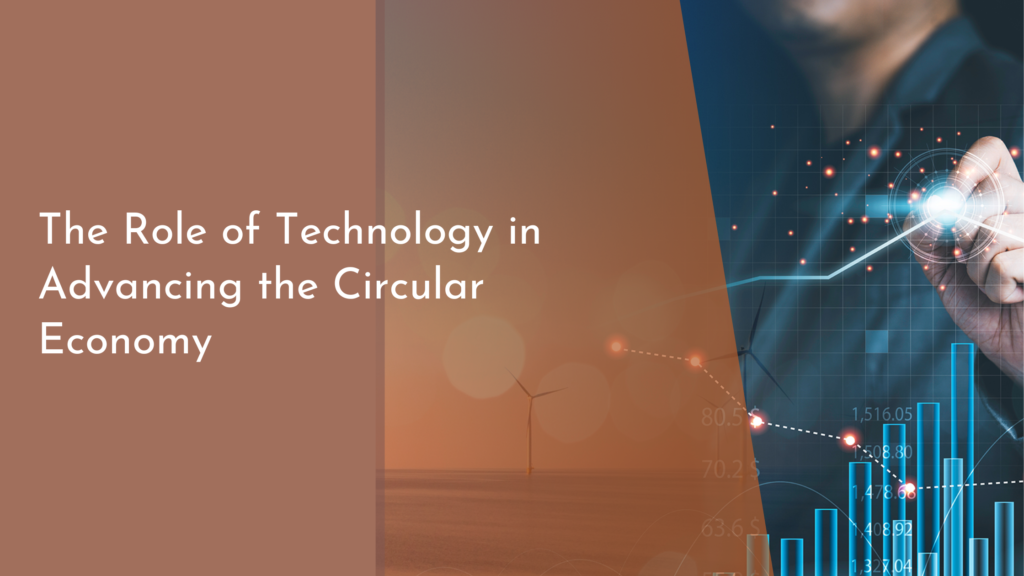Best Practices for Composting: Turning Waste into Resource
Composting is a simple and effective way to transform your kitchen scraps and yard waste into nutrient-rich soil. Not only does this process reduce the amount of garbage sent to landfills, but it also provides countless benefits for your garden. By understanding the basics and employing best practices, you can turn composting into a rewarding part of your daily routine, helping the planet while nurturing your garden.
Understanding the Basics of Composting
Composting is the aerobic decomposition of organic materials by microorganisms under controlled conditions. Essentials for successful composting include a balance of carbon-rich ‘browns’ such as leaves and branches, and nitrogen-rich ‘greens’ like vegetable scraps and coffee grounds. Adequate moisture, oxygen, and a stable temperature also play critical roles in speeding up the decomposition process. By managing these elements, you create an environment that supports the life of beneficial bacteria and fungi which break down the waste into compost.
The composting process can vary in duration, typically taking anywhere from a few months to a year, depending on the materials used and conditions maintained. The end product, humus, is a dark, crumbly substance that enriches soil and helps retain moisture, which can significantly improve plant growth. Regularly turning the pile, monitoring moisture levels, and ensuring proper aeration can help avoid common issues like odors and pests, making the process smoother and more efficient.
Choosing the Right Compost Bin for Your Home
Selecting the appropriate compost bin is essential for effective composting. Bins can range from simple open piles to sophisticated tumbling systems, depending on your available space and composting goals. For urban dwellers with limited space, a compact, enclosed bin might be the best option as it keeps materials contained and reduces odors, making it suitable for small patios or balconies.
For those with larger yards, open bins or tumbling composters allow for greater volume and easier aeration of the composting materials. Tumbling bins are particularly user-friendly as they can be rotated to mix the compost easily, which speeds up the decomposition process. Regardless of the type, ensure the bin is made of durable materials to withstand weather conditions and is easy to access for adding materials and removing finished compost.
Tips and Tricks for Efficient Composting
To accelerate the composting process and ensure a high-quality end product, a few key practices can be incredibly helpful. Firstly, maintaining the right balance between browns and greens is crucial; a ratio of about 3:1 is typically recommended. This balance helps manage moisture levels and optimizes the activity of composting microbes.
Additionally, chopping or shredding larger pieces of waste can significantly speed up decomposition as it increases the surface area available to microbes. Regularly turning the compost pile increases oxygen flow, which is necessary for aerobic decomposition and helps prevent foul odors. Also, keeping the compost moist like a wrung-out sponge ensures the microorganisms have the ideal environment to thrive without being overly wet.
Conclusion: Embrace the Benefits of Composting
Incorporating composting into your lifestyle can have profound benefits. Not only does it significantly reduce waste, but it also enhances the quality of your soil, leading to healthier plant growth and more vibrant gardens. Composting is a practical demonstration of environmental responsibility and sustainability.
By understanding the process and applying a few simple strategies, composting can become a straightforward and satisfying part of your routine. Remember, every bit of waste that you divert from the landfill and turn into compost is a step toward a healthier planet. So why not start today and see the difference you can make, one compost pile at a time?
As we wrap up our journey through the art and science of composting, it’s clear that turning waste into a resource is not only beneficial but also essential for a sustainable future. By mastering the basics, choosing the right equipment, and utilizing effective techniques, you can transform your household waste into gold for your garden. Embrace the process and enjoy the lush, bountiful results that come from your very own compost pile. Happy composting!

